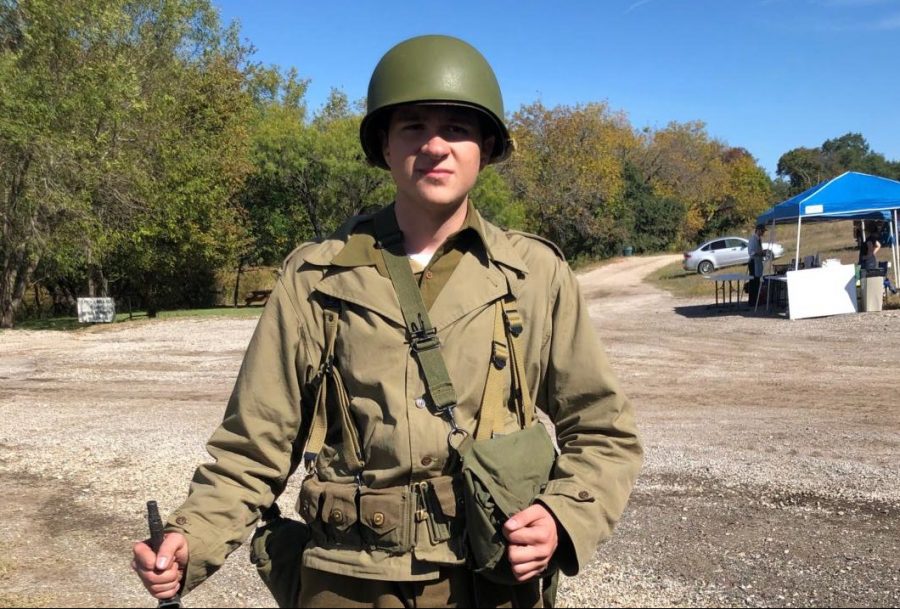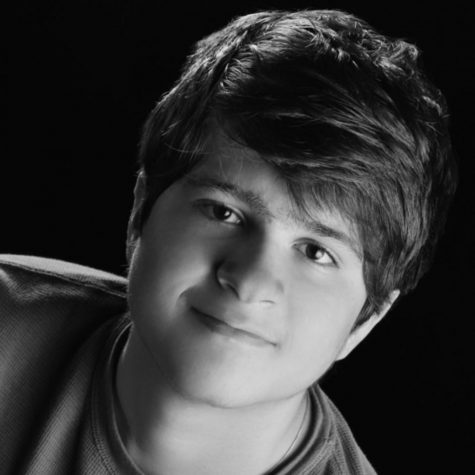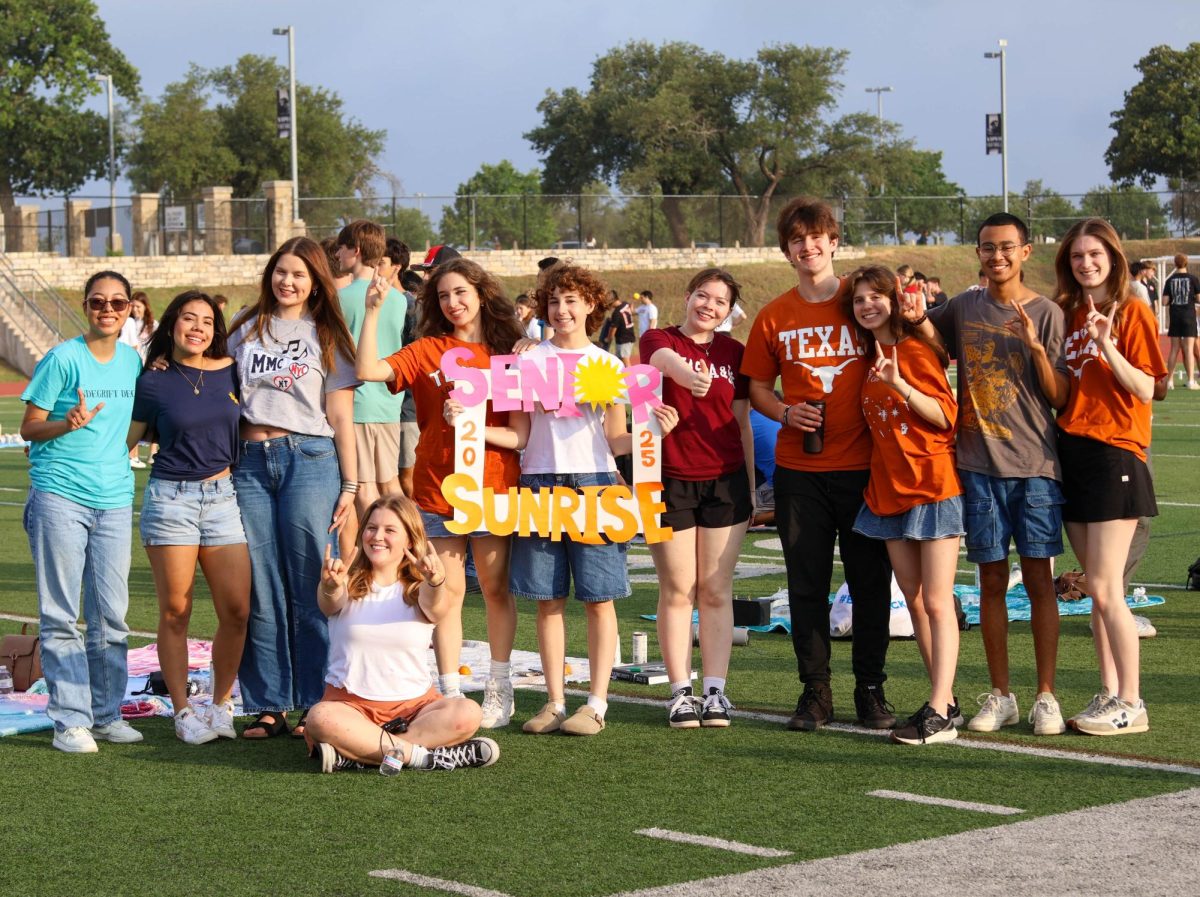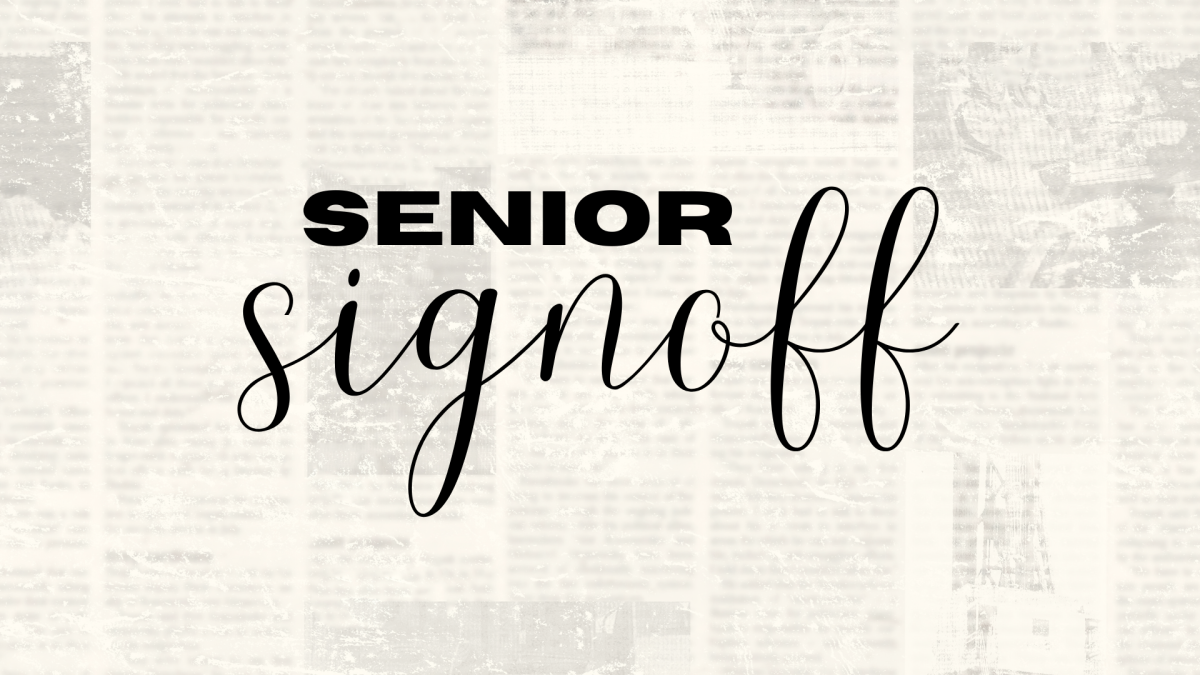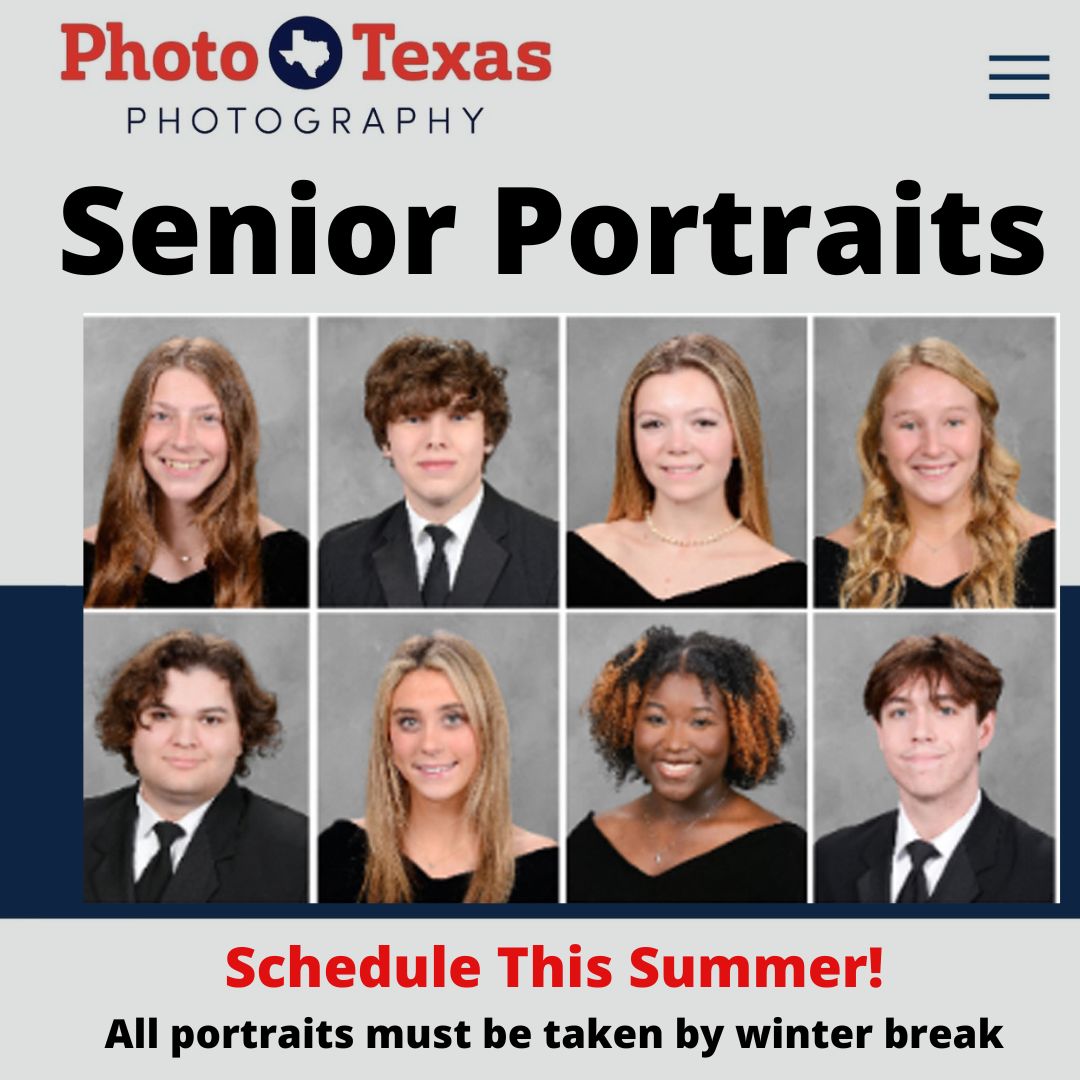What I have learned from reenacting
December 5, 2019
In addition to being a student journalist, I am also a military reenactor. My unit is G-Company, the official living history detachment of the Texas National Guard. Since I started participating in these reenactments about a year ago, I have learned many important things.
One of the things I have learned from being a reenactor is dedication. I have sacrificed entire weekends (once a whole week) to my group. I have slept on van floors, inside tents and on creaky old army cots. I have literally traveled across the country for events. I have also endured immense pain. I have torn muscles, bruised my limbs, chafed my legs and sliced my fingers. Why would I do all of this? The answer is simple, to help preserve the past that I love so dearly.
I have learned how to function without sleep. Whether it’s the highly uncomfortable sleeping conditions or me being pumped up on excitement, quality sleep has eluded me for the better part of my reenacting career. At an event in College Station, I did not get any sleep all night as it was freezing cold outside. Despite all of this, I have still been able to push myself and do my job.
Probably one of the most important things I have learned as a reenactor is responsible gun ownership. Due to the nature of the hobby, guns are an everyday tool for us. Contrary to what you might think, these guns are real, they just fire blanks, which are ammo that have the powder but no projectile. Therefore you can still have a bang, but no one is getting scythed down. Blanks can still be very dangerous, though. Several careless Hollywood actors have been killed by blanks. The reason they can be harmful is that up close, the blast from the muzzle and concentrate causes immense harm to anything standing in its way. Because of all of this, we exercise strict muzzle discipline. When we start shooting at one another, we always aim off. The crowd can’t see it, but we are not shooting directly at one another. In addition, we are constantly taught never to shoot close to someone’s head as it can cause hearing loss. Finally, we are taught that even after the battle, we must clean our weapons. Thanks to the gunpowder and various environmental factors, if a gun is not cleaned, it can begin to rust. In addition, if a gun is clogged up with gunk, it will simply not work.
A fourth thing that I have learned is discipline. As we are recreating a historical military unit, discipline is key. In the time period of a year that I have been involved with reenacting, I have learned how to maintain my uniform, wear equipment properly as well as unit cohesion. In addition, there is a rank system where I currently hold the rank of Private. Usually in the mornings before a battle, we are given manual of arms training before being marched as a unit. We have to march in sync and sometimes the noncommissioned officers throw in a little manual of arms to see if we can keep up.
I have learned all of the little things GI’s would do on a personal level. For example, American soldiers would not use the helmet straps on their headgear. The reason being if an explosion ripped your helmet off and your strap was on, your head might go with it.
Ultimately, the most important thing I have learned throughout this whole experience is respect for our country’s veterans. I have had the opportunity to hear stories from many veterans who served as far back as Vietnam to as recent as the War on Terror. While I respected them before I began taking part in these events, the experience overall has emboldened my belief that all veterans regardless of what war they served in need to be honored.


